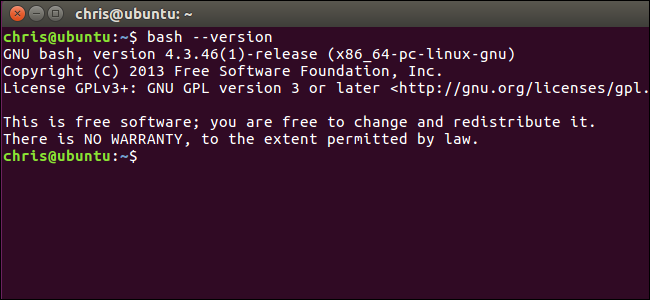The convenience part is definitely fading away. Education about common sense computer practices is the best defense. I never knew Macs could be infested with endless malware, but my cousin proved me wrong. She had literal hundreds of malware and managed to get every possible online account hacked. She also hadn’t updated her OS in years. Took me a week to get her stuff back and just started over with a fresh wipe of the OS, got her an iPhone instead of Android, and put two-factor authentication on everything. She used literally the same password on a hundred different accounts, including social media and her banks. I don’t think I’ve seen anything that bad, especially not on a Mac. She clicks and installs everything that pops up.
It has to fade away, the infection issue on the desktop platform is becoming a joke. Based on experience, I agree, MacOS is by no way immune to viruses, trojans, PUP's and malware - However, in most cases such infections are easier to clean off a Mac with no damage to the underlying OS itself.
![[H]ard|Forum](/styles/hardforum/xenforo/logo_dark.png)
